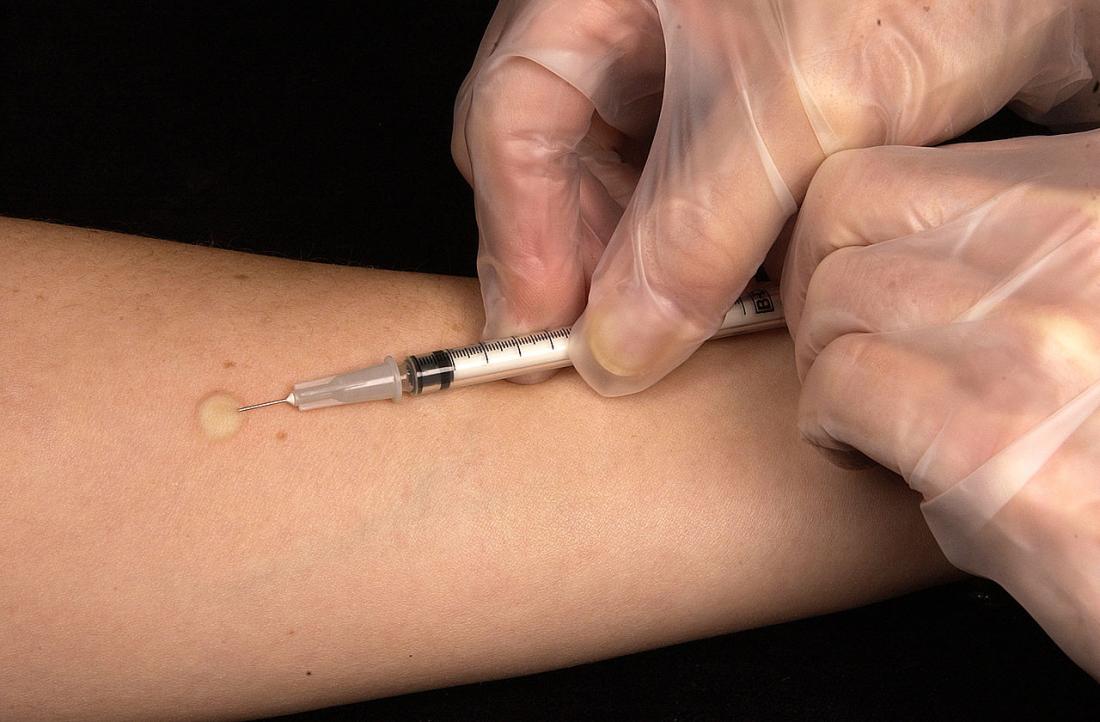Ever look through a supermarket and see that apple that is clearly three times larger than the ones you grow in your backyard? You are probably either thinking “Wow, this is totally worth its price!” or “I’m not buying this; this has growth hormones!” How did we get to this?
We’ve heard it all when it comes to the idea of eating genetically modified foods. Everything now seems to center around eating organic, locally grown, and realistically sized food. While there is good reason to believe injecting something unknown into the food and then consuming it can cause unforeseen issues, is genetically modifying food really that bad? Is it so bad to genetically engineer your plums to be resistant to diseases? Is it bad to grow apples that won’t get devoured by locusts? It is common sense that we don’t want to consume insecticides, plant antibiotic, and other chemicals that can accumulate and cause damage later on. At the same time, if genetically engineering food ensures growth and production, isn’t that justified? Farmers have a business to run, too. As consumers, we choose whether we want GMOs (genetically modified organisms) or naturally grown products. It gets even more complicated when the equation includes animals, because then we have to consider the way the animals are treated and how the animal industry abuses its ability to feed people untruthful ideas about the factory farms. In addition, there are concerns regarding the GMOs’ effect on the ecological environment where these products are farmed. Overall, we can see that the topic of GMOs is much more complicated than simply putting a label or converting to completely organic foods.
This past fall, California had a proposition, Proposition 37, that dealt with the matter of properly labeling food that has been genetically modified in some way. While it seemed like a good idea at the time, it ultimately did not pass for several reasons. The biggest was that the methodology used in labeling the food could be misleading and inaccurate in terms of educating the consumer about the effect of GMOs. Some people even voted no because they would rather not know what they were consuming. Whatever the reason, the proposition failed to pass, and we are again caught in the struggle between what food is good or bad.
In the end, we can only trust that we are educated enough to make responsible decisions regarding what we eat. I try my best to stay informed about what I eat and the potential effects GMOs can have on my body. Checking nutrition labels and doing a little research with trusted sources every now and then certainly helps. These decisions can affect your longevity and overall well-being, so make it a habit to care for your health.
Article by Spence Liem
Feature Image Source: Natural Society
























